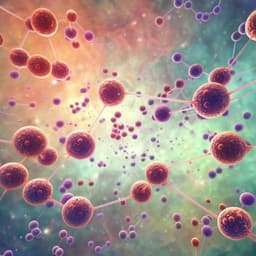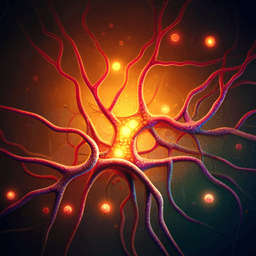
Health and Fitness
Analysis of heavy metal concentrations in breast milk by neutrosophic method in the locate of Lahore, Pakistan
A. Fatima, U. Afzal, et al.
This groundbreaking study explores heavy metal concentrations in breast milk from lactating mothers in Lahore, Pakistan, utilizing a neutrosophic statistical approach. The research reveals concerning levels of lead and mercury, especially in mothers from industrial areas, showcasing the importance of addressing environmental health issues. This research was conducted by Adeena Fatima, Usama Afzal, Muhammad Aslam, Zainab Rafi, Naveed Ahmad, and Mirza Albash Baig.
Related Publications
Explore these studies to deepen your understanding of the subject.







